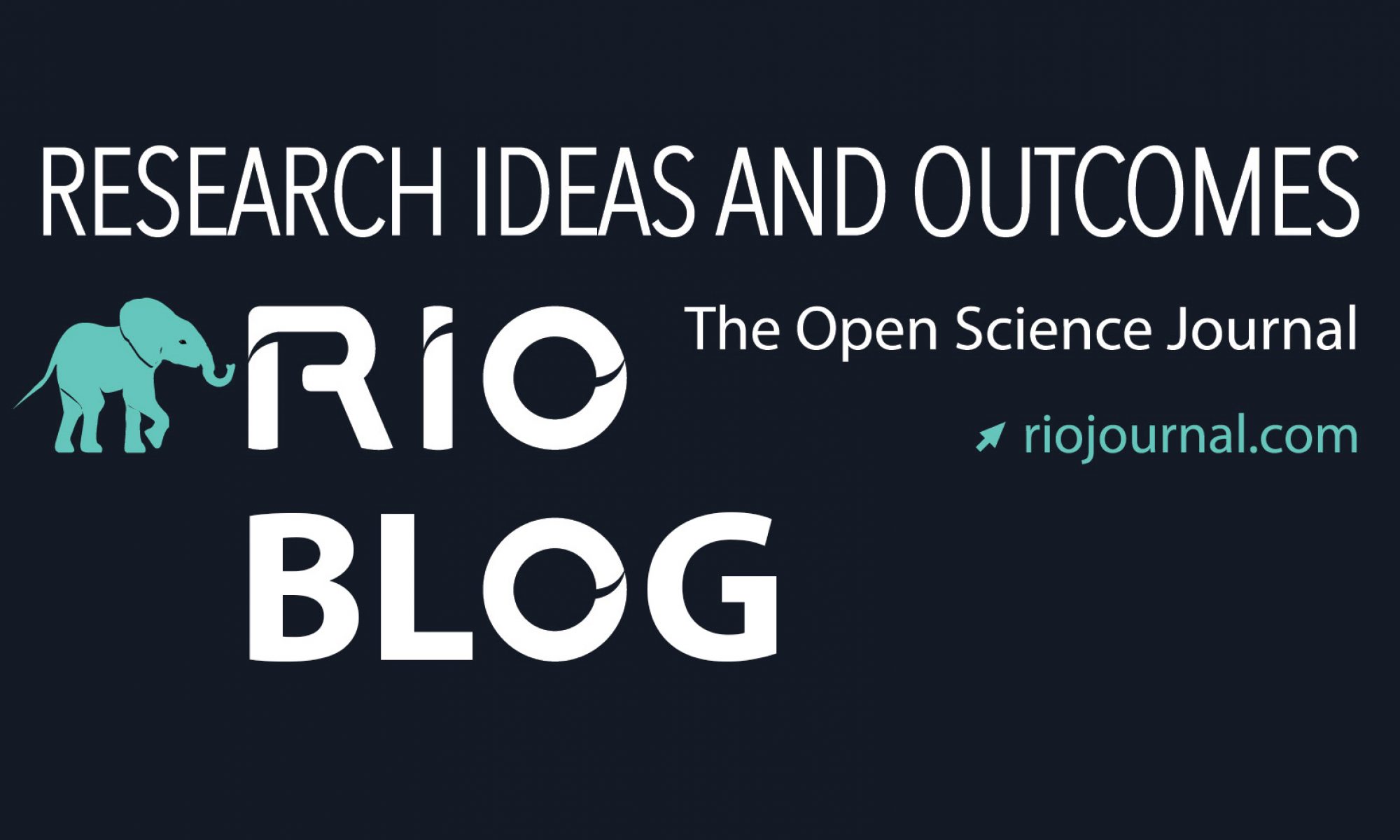With the number of First Nation, Inuit, and Métis (FNIM) Canadians diagnosed with cancer currently growing, it turns out that little is done to study and address their unique needs in a timely enough manner. In his grant proposal, submitted to the annual Canadian Institutes of Health Research competition for postdoctoral fellowships, Dr Chad Hammond at the University of Ottawa suggests an innovative and inclusive approach to studying the challenges within Indigenous communities in Ontario.
The proposed research, described in the open-access journal Research Ideas and Outcomes (RIO), suggests a collaborative interdisciplinary approach using visual arts and participatory dialogue with stakeholders involved in cancer care for FNIM peoples.
Participants for the project will include 10 health care professionals, 5 health administrators, and 5 FNIM community leaders who will engage with photovoice and photo-elicitation techniques to develop priorities and solutions in FNIM cancer care in Ontario. By the end, a report of recommendations is to be generated and dispensed to participants, bringing together various experiences, themes, perspectives, and recommendations for improving the state of care. The final report will serve as the basis for discussions around implementing the recommendations, for which additional funding opportunities will be sought.
“The use of photography as data and for eliciting data marks an innovative and inclusive approach to studying challenges within FNIM cancer care, while extending the reach of established projects,” explains the author.
“Through strong partnerships and a stakeholder-driven agenda, this research promises to build timely knowledge exchange initiatives between professional stakeholders and to identify viable pathways toward improving cancer care for FNIM peoples in Ontario.”
###
Original source:
Hammond C (2016) Widening the circle of care: An arts-based, participatory dialogue with stakeholders on cancer care for First Nations, Inuit,and Métis peoples in Ontario, Canada.Research Ideas and Outcomes 2: e8615. doi: 10.3897/rio.2.e8615


